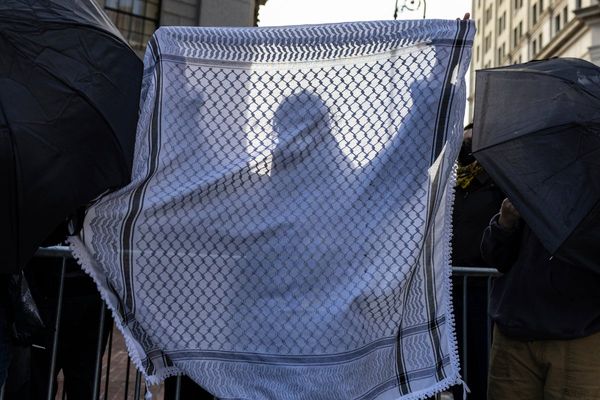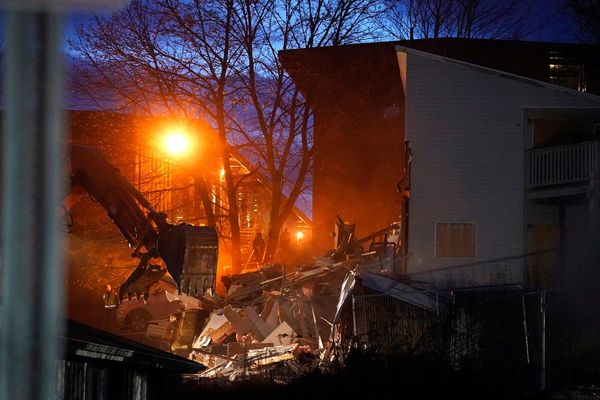This Christmas, over 1,300 children in Manchester were living in the city's care system - a seven per cent increase on last year.
More children in care means that the system is coming under more pressure, local politicians have warned. MP for Wythenshawe and Sale East, Mike Kane, is calling for more government support to help the sector.
The labour politician has shared his opinion with the M.E.N on what needs to be done to ensure vulnerable children in Manchester are given the safe home they need.
READ MORE: The Manchester sanctuary that's keeping young women safe this Christmas
The festive season is a time for families to spend quality time together and should be a time of joy for children. But for the 1,385 children in care in Manchester, there is no such guarantee.
The recent John Lewis advert shone a positive light on the care system with a prospective foster father bonding with his foster daughter over skateboarding.
But for children in care in Manchester, more support is needed for them to have the happy childhood that they deserve and for them to reach their full potential once they reach adulthood.
As in many areas of life, the pandemic had a negative impact on the care system. The latest government statistics show that there has been a 7% increase in the number of children in Manchester who have entered the care system.

More children in care means more pressure on the care system, something that we must get right if we are to improve the life outcomes for these vulnerable children.
Early intervention to support vulnerable children in care is vital if we are to help them reach their full potential. The data shows that despite making up around 1% of the population, young people leaving care go on to make up a quarter of the prison and homeless populations, and 40% are not in any form of employment, education or training. These statistics reflect a series of personal tragedies, but they also reflect a wider societal problem that we must fix.
One place to start is ensuring that local councils have the budgets they need to properly provide the children’s’ services we need. Councils are currently facing a huge funding gap in their budgets and children’s services are inevitably then being hit which is not only hurting vulnerable children but is also financially detrimental, costing the taxpayer money.
The Lives Transformed, Potential Fulfilled report by children’s rights campaigner Emily Aklan of Serenity Welfare and the Hope Instead of Handcuffs campaign found that the Government could save £7 billion over the next ten years by investing in early interventions and reducing the number of children entering the care system in the first place.
Aklan has led the way in calling on the government to ban private transportation providers from handcuffing looked after children between care settings, but she has also been campaigning for greater investment in early interventions for vulnerable children that will save the Government money in the long-term.
The government needs to embrace early intervention as a panacea for the children’s care crisis. By supporting intervention-driven mentoring services and gang prevention measures, the government can help to prevent more children entering the care system in the first place.
All of Manchester’s children deserve to live in a safe, warm and loving environment. Nurturing, stable homes not only help vulnerable children’s emotional development, but also give them the tools to succeed as they enter adulthood. By intervening early and investing in our vulnerable children, we give them the best chance to fulfil their potential, and it is our duty to do all we can to help them.
Read more of today's top stories here.
READ NEXT:
-
Single mother and three kids could be forced out of back garden bungalow built without permission
-
Andy Burnham's answer to school leavers who don't want to go to university
-
Weekly bus ticket prices to rise in Greater Manchester in January - but by less than expected
-
'Lifeless' and 'dead' slot machine centre at empty Deansgate shop rejected
-
The three major plans which will shape the future of Manchester







